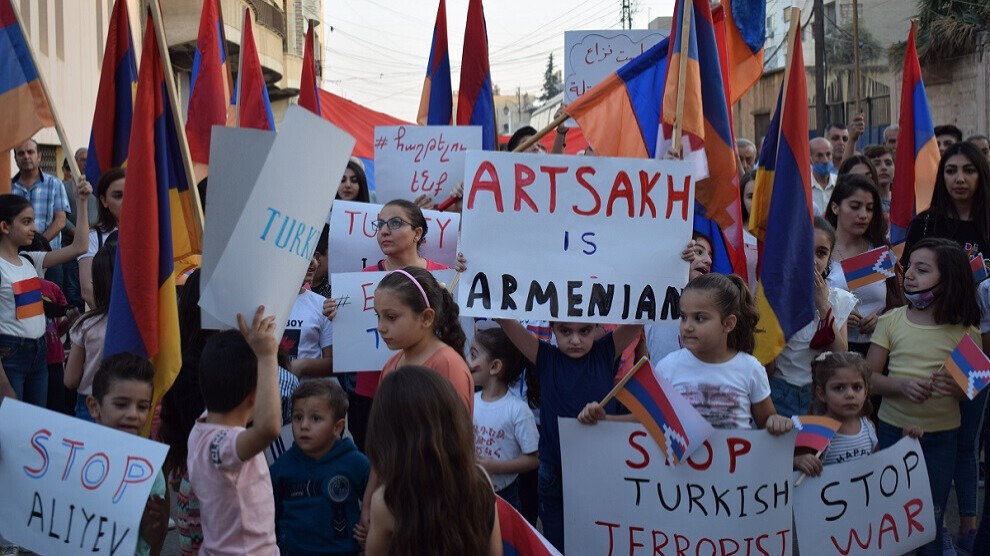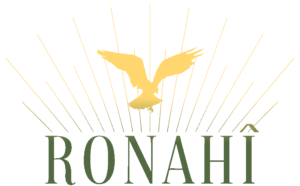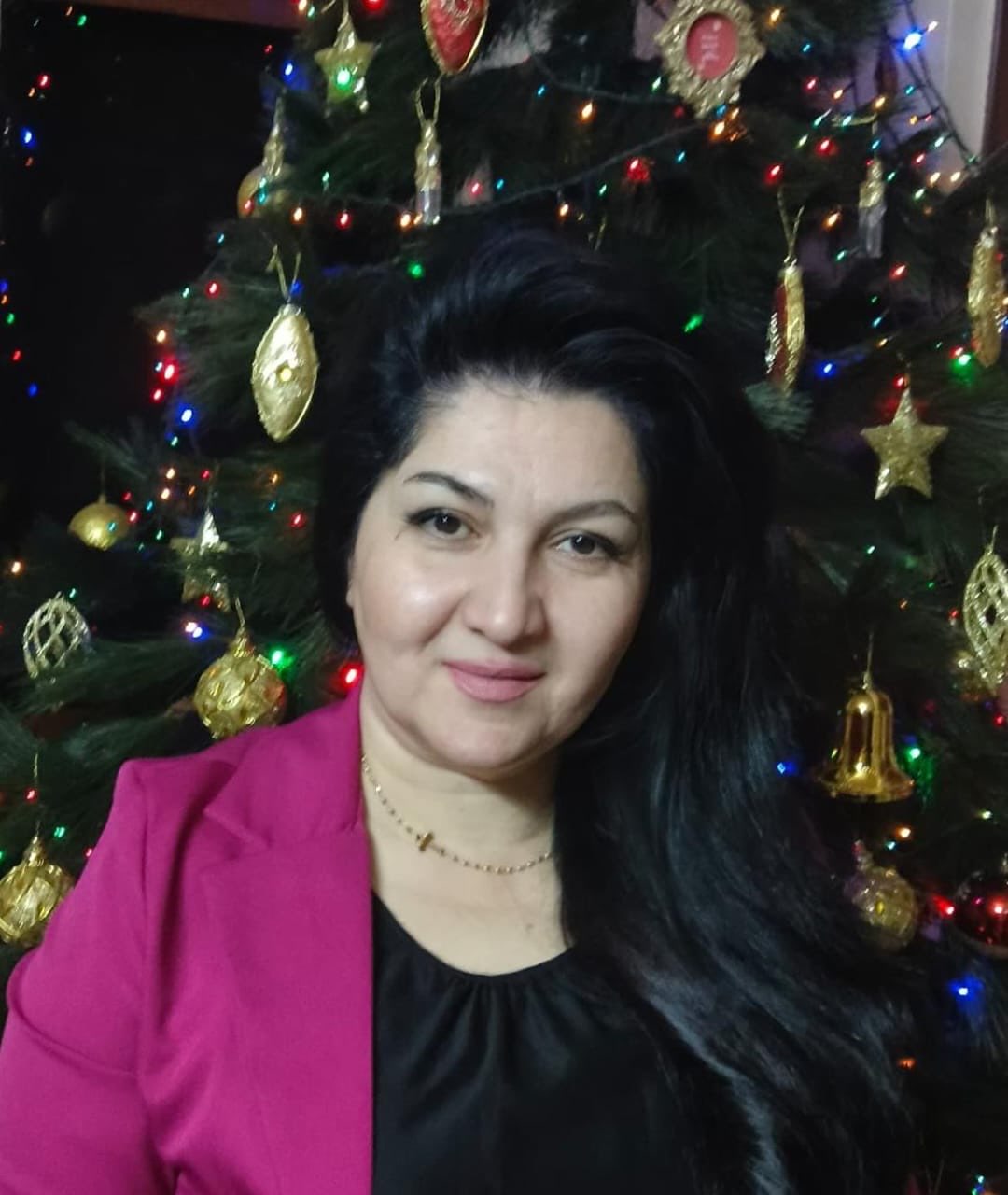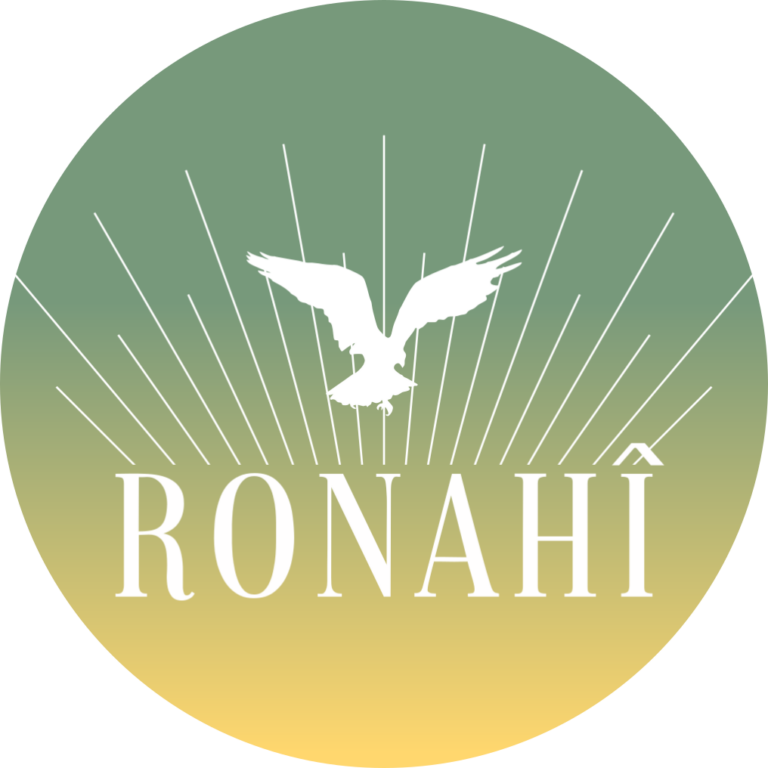Shortly after the fall of the Baath-regime in Syria Kohar Khachadurian of the Armenian Social Council in Qamişlo, Northeastern Syria about the situation of the Armenian people in Northeastern Syria and their expectations and fears regarding the new Islamist Government of the HTS in Syria.
As an Armenian, how would you contextualize the quick occupation of Syria by the Turkey-backed jihadist mercenaries? What does it mean for Armenians in Syria (and other groups, especially as minorities)?
Kohar Khachadurian: Right now as Armenian people, we are in fear of Islamist Arab rule, because our future will be uncertain. For example, as Armenians, will we be allowed to speak Armenian, carry our crosses, or celebrate our religious holidays? Since we, Armenians, already live under Arab governance, in schools everything is in Arabic, and we only have 1-2 periods in Armenian. This has affected us. Many Armenians don’t speak, or understand Armenian that well. An Islamist governance will affect our native language and our religious rights. We are in fear. Will they make us wear hijabs and will we be able to go to church? These things remain in the thoughts of Armenians.
How do you feel about al-Assad’s fall?
Our feelings are mixed, are we happy or afraid, everything is mixed into each other because right now nothing is clear on the ground. We are waiting for what will happen.
Have the developments also impacted Rojava’s infrastructure? What is the current situation regarding electricity, water, food, the dollar and/or Syrian pound, internet, diesel, market prices, etc.?
After 2011 the situation was bad – there was no electricity, no diesel, and the gas was expensive. The dollar was rising, which was a big worry for the people because the salaries were low and food and water were already expensive. The people were worried about how they would buy bread, and this was very difficult for us. But now after the fall of Bashar al-Assad, the dollar has started to decrease a bit, the goods have started to become a bit cheaper, the salaries will increase. These hopes are keeping us alive, the people are waiting to see what will happen. The dollar can only be earned or spent in Northeastern Syria, but not in other places—it was prohibited there.
What were the thoughts of you and the people of Al-Jazira when Rojava came into power and became an Autonomous Administration against ISIS?
It was great for us. In Rojava, everyone became united—Armenians, Arabs, Kurds, and Syriacs. Here in Rojava, we live in better conditions, comfortably and safely, and the salaries are good. For example, compared to Aleppo or Damascus, where they lived inhorrible conditions, there’s a big difference between the regions. Therefore, we are happy to live here, especially as Armenians and Christians, where our people have freedoms.
Ararat: You said that life was much better for the Armenians when Rojava was formed. Can you explain what was it that got better?
Kohar Khachadurian: Because here it’s much safer, nobody bothers us Armenians, if we go to church, celebrate our holidays, or wear whatever we want. We commemorate April 24th, celebrate Easter, play a fanfare, and sing on the streets – we have freedom for all of these things!
Arev: This reminds me that it used to be similar in Aleppo. Was it like this in Qamishli before the war as well or did it change after Rojava became a de facto?
Kohar Khachadurian: It was much better in Qamishli compared to the other places because the areas where
Arabs, Kurds, or Muslims live are different. The people here are freedom-loving, and
progressive; they accept one another. Unlike in Aleppo, where they are much like the Muslim
Brotherhood/Islamists.
Do you know how many Armenians are left today in Rojava compared to before the war for example in Qamishli & Hasakah?
In Qamishli, there might be around 500-600 Armenian homes left, or perhaps 300 Armenian homes overall. In Hasake, there are no Armenians, maybe only a few homes.
Arev: I have seen The Martyr Nubar Ozanyan Brigade military unit, where Armenians from Hasake join the unit to fight in battles.
Kohar Khachadurian: Yes, they are not Christian. During the Armenian genocide in 1915, when the survivors fled these areas, they were little, Kurdish or Arab families adopted and raised them. They used to be Armenians and now the Armenian council which we have started is mostly for these people. We collect them and we teach them Armenian, Armenian history, songs, and dances. They love it and they want to return to their Armenianness. There are no Christian Armenians left in Hasakah, maybe a few, but it’s only them in Hasakah.

What are your future plans for Armenians, Syriacs, or Christians? Do you plan to leave and seek refuge outside of Syria? Or are there thoughts of repatriating to Armenia?
Our only plan is that I hope all of us become united. If we flee because of every minor airstrike or inconvenience by leaving our homes and lands, then who will we leave it to? To Turkey? And as we already are seeing Turkey is attacking us every day, this is Turkey’s intention: to scare away the people so they flee. But all of us together, we try to be unified, it doesn’t matter if Christians, Arabs, or Kurds, all of us live together on this land. We have to be together, not to let Turkey’s wish come true, to not flee again from Turkey just like after 1915. Of course, we wish to repatriate to Armenia, but again this is also our land and our home, we have to always resist, to work together, to become unified, so we remain here for the conditions to improve. Many were forcibly displaced, they were forced to flee. But here the situation is still good, therefore we don’t want to easily evacuate and emigrate.
Can you present your work inside the “Armenian Democratic Council of North-East Syria”?
We secure the Christian Armenians here, so we try to help anyone who needs a job or has other issues. But our main work is for those Armenians who fled here after the 1915 Armenian Genocide and were adopted by Kurdish and Arab families. We teach them Armenian, Armenian history, and songs, we also have a dance group, singers, theatres, and actors. They began to speak Armenian, this was a great success for us because we proceeded. And we continue to find more assimilated Armenians so we can allow them to approach their Armenianness. We will now also start an Armenian army to protect all Armenians and of course, all people that live here.
Ararat: This is really important work – to fight against assimilation, and preserve language and culture really contributes to the resistance against genocidal politics. I have seen videos of Armenians in Rojava dancing traditional Armenian dances, and singing Armenian songs. I also noticed that an Armenian women’s party has been founded. Why is it especially important that Armenian women organize? What are the challenges and difficulties they are facing?
Kohar Khachadurian: In Rojava, women have managed to take over their freedom. Before the revolution, it was difficult for women to speak up and get access to education. Now, in Rojava, women have taken their freedom, and their voices are heard.
How would you like for the international community and the Armenians outside of Syria to support you in this situation? Is there something that gives you hope?
We call for the international community to protect the Armenians and our freedom of religion to live as Christians from the new government that will come and rule over us. So that we can have our rights, to live freely, to speak our language, to wear our crosses, to dress freely, and not be forced to cover ourselves with a hijab. It is our right to have freedom and not live with all this fear inside of us as Armenians or Christians. We call for the international community to work for an international answer, to live freely. That you forward our voices and spread that we don’t want to leave our homes and country. We want to stay here comfortably, we only want to have our rights, with our religion, feasts, and clothes. We demand from the entire world that we want to stay here and to live in peace
Is there a connection for you to the Armenian struggle? Furthermore, do you see a connection to Artsakh?
Indeed, we’re far apart from each other but every Armenian carries the struggle int heir heart. When we saw what happened in Artsakh, we got very sad, our hearts were shattered although we were far away. We were fighting every day with our hearts so that these kinds of events wouldn’t take place – in Artsakh or Armenia. Yes, we are far away, all Armenians are spread out in the diaspora, but there’s always a connection between us. All of
us fight together so that this genocidal oppression doesn’t happen to any Armenian, no matter where.
Ararat: Because in the end, as Armenians we all have the same enemy, namely Turkish fascism.
Kohar Khachadurian: Yes, every Armenian feels the pain for every other Armenian no matter where, we all
care and empathize with each other because we are one, our pain is one.


